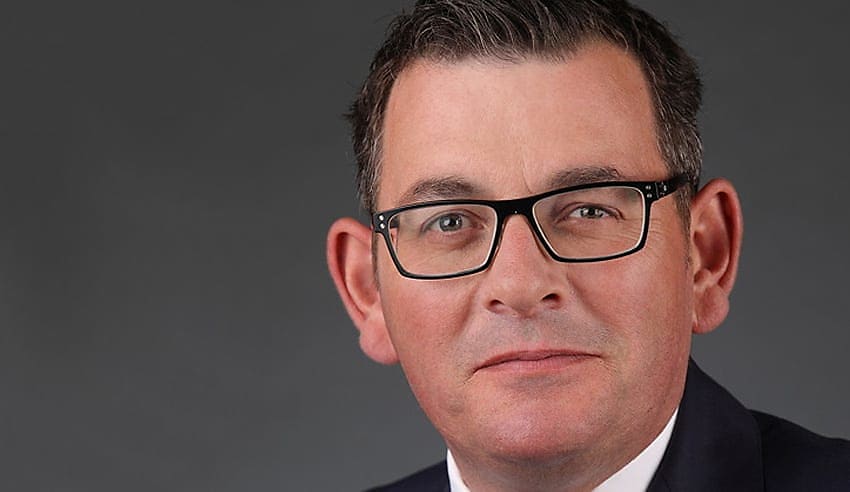Victoria to introduce short-stay levy
More than 36,000 short-stay rentals are set to be slugged with the fee under changes announced by Premier Daniel Andrews on 20 September.

As part of the Victorian government’s Housing Statement – The Decade Ahead 2024–2034, operators of short-term rental accommodation (STRA) in the state will be slugged 7.5 per cent of their annual revenue from 1 January 2025.
The government explained the revenue raised from the fee, dubbed the “Short Stay Levy”, will go to Homes Victoria to support the organisation as it builds and maintains social and affordable housing across the state. Approximately 25 per cent of the levy’s revenue will be invested into regional Victoria, meaning other local council charges on STRA will be removed.
According to the Housing Statement document, short-term accommodation has “become a popular feature of Victoria’s visitor economy” in recent years, causing a reduced number of properties to be leased on the traditional long-term market.
The Andrews government revealed around 36,000 short-stay rentals exist in Victoria – 29,000 of which are full houses. It added that nearly half these properties are in regional Victoria.
“These are places that cannot be used for longer-term accommodation or rented out on fixed agreements – so it makes sense that they should provide some benefit towards the places that can,” the Housing Statement read.
In a press conference announcing the housing package, Mr Andrews labelled the levy as “modest”.
“$7.50 per $100 is a modest charge,” he reaffirmed.
“People need somewhere to live. Everyone needs somewhere to live,” Mr Andrews continued. “And this strategy, this plan [the Housing Statement], has got 30 different initiatives that are all about building 800,000 homes over the next 10 years.”
Mr Andrews pledged: “Every single dollar raised will go to Homes Victoria to make sure the people that are the most vulnerable have somewhere to live.”
It is hoped the levy, along with the other measures included in the Housing Statement, will provide long-term fixes to the state’s housing and rental crises which, in the words of the Premier, has left the state’s most vulnerable with “nowhere to live” or forcing them to “live in rental accommodation that should be available for other people.”
In a report on the matter by the ABC, Airbnb Australia and New Zealand public policy head Michael Crosby confirmed the organisation welcomed a similar levy but expressed concerns “a rate this high could have a negative impact on the appeal of Victoria as a tourism destination”.
“We believe a levy somewhere between 3–5 per cent, which is in line with international policies, is appropriate,” he added.
The Victorian government is not the first to introduce fees against short-term rental operation. In November 2021, the NSW government introduced legislation requiring STRA operators to register their property and pay a registration fee, while certain councils around the country have introduced their own schemes and charges targeting reduced STRA numbers in their jurisdiction.
Short-term rentals have grown in popularity in recent years, with nearly 134,000 Australian properties available for short-term leasing over the March quarter, with this increase driven by the superior financial rewards on offer.
According to research from Per Capita’s Centre for Equitable Housing, STRA properties are recouping the equivalent of a year’s rent in under one-third of the time, with this disparity far greater in regional pockets of the country.
